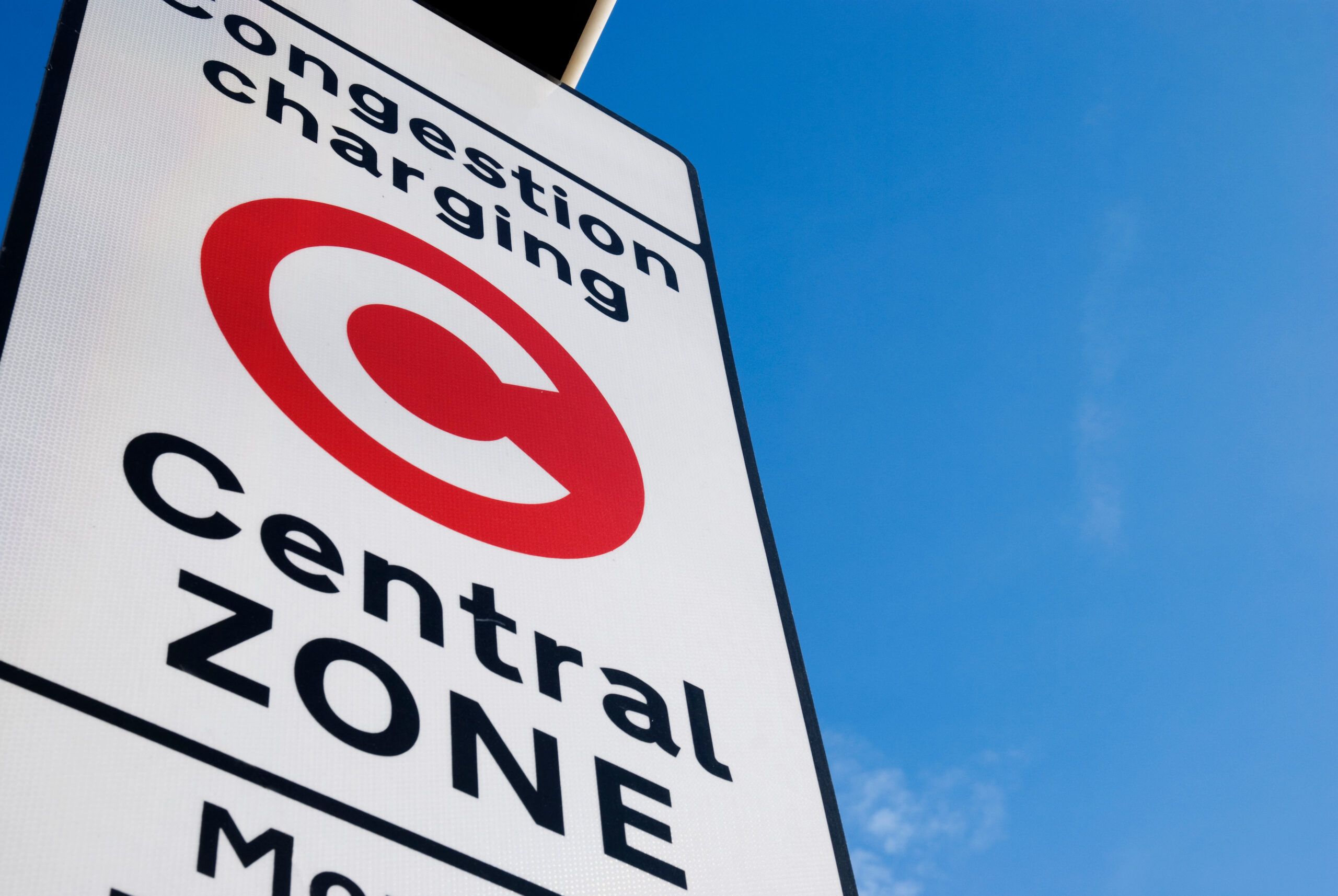Planned changes to London’s Congestion Charge will cost car club operators more than £1 million per year, the UK’s national shared transport charity has warned.
Collaborative Mobility UK (CoMoUK) said the proposals from Transport for London (TfL) could force car clubs to increase costs for customers, reduce fleet sizes, cut the high number of EVs they run, and threaten the sector’s future in the capital.
It is calling for vehicles in the schemes to be treated differently from privately owned ones, given that they have been proven to cut the overall number of cars on the road, provide low-cost access to cars when they are needed, and support public transport and active travel.
In its response to TfL’s consultation on the changes, which closed this week, it says the proposed 20 per cent increase in the Congestion Charge would “negatively impact the viability” of car clubs in London. It asks for a reduced Congestion Charge fee level for car club vehicles, and for the current 100% discount for EVs entering the charging zone to be continued for car clubs. It also says that car club vehicles based within the zone should be eligible for a 100 per cent residents’ car club vehicle discount, warning that without this they could become “economically unviable”.
Under TfL’s planned changes, the Congestion Charge will rise from £15 to £18 on 2 January 2026. On the same day, the 100% discount offered to EVs will be cut to 25%. The 90% discount for people living within the Congestion Charge zone will also be limited to EVs from 1 March 2027, with an exemption for residents already registered.
One car club currently operating in London has estimated that the impact of the first two policies alone will cost it around £878,000 on average over the next five years. This figure is made up of £305,000 to account for the rise in the Congestion Charge fee, and £573,000 for the loss of the 100 per cent EV discount. The annual costs are then forecast to rise to more than £1 million per year once the EV discount is cut again to 12.5% in 2030.
In its consultation response, CoMoUK warns that the changes are likely to lead to increased costs being passed onto car club members, potentially making them unaffordable. It says the ending of the 100% EV discount will also “significantly worsen” Londoners’ access to clean vehicles by disincentivising operators from providing them.
“Car clubs are making a big contribution to reducing car ownership and mileage in London, with members more likely to embrace active travel and public transport too,” says Richard Dilks, chief executive of CoMoUK. “As well as enabling users to live a car-free or car-light lifestyle, each car club vehicle replaces 31 private cars in the capital, freeing up space, cutting congestion and improving air quality. It would therefore be utterly baffling if car clubs were treated as private cars under these changes. We hope that TfL listens, before it is too late. There are no logical grounds for continuing to discriminate against cars that are shared between many people, including those on lower incomes, in favour of privately-owned cars used by far fewer people.”
CoMoUK’s annual car club report this year showed that the proportion of EVs within UK car club fleets has fallen for the first time, from 35% in 2023 to 30% in 2024.
The charity also published a briefing which showed that running and maintaining a car club EV is around £6,000 per year higher than a petrol or hybrid car in the same fleet, with operators warning they are becoming increasingly unaffordable.
In April, a report from the London Assembly’s Transport Committee criticised the lack of a city-wide strategy on car clubs from TfL, calling for its approach to be “urgently” revisited.
It recommended that the Mayor should recognise the importance of car clubs in the revised London Plan, produce a pan-London action plan for car clubs within the next 12 months, and develop and roll out an awareness-raising campaign on the schemes.
“Car clubs are a proven congestion-reducing measure, they provide a vehicle when Londoners need one, reducing the need for private car ownership. Because of this, car clubs also help to remove older, more polluting private vehicles from London’s roads. This is why we believe that car clubs should be treated differently to private vehicles in the Congestion Charge proposals,” adds James Taylor, general manager at Zipcar. “Surely if a car has to be driven into the congestion zone, it is better for this to be a shared and electric one? The proposals add significant additional costs to operating shared electric vehicles. It will directly lead to fewer car club vehicles in the short term and risks the long-term viability of car clubs in London. We urge TfL to reconsider these proposals and recognise the valuable contribution that car clubs bring to London and the hundreds of thousands of Londoners that use them.”
Image: AdobeStock
Type above and press Enter to search. Press Esc to cancel.











